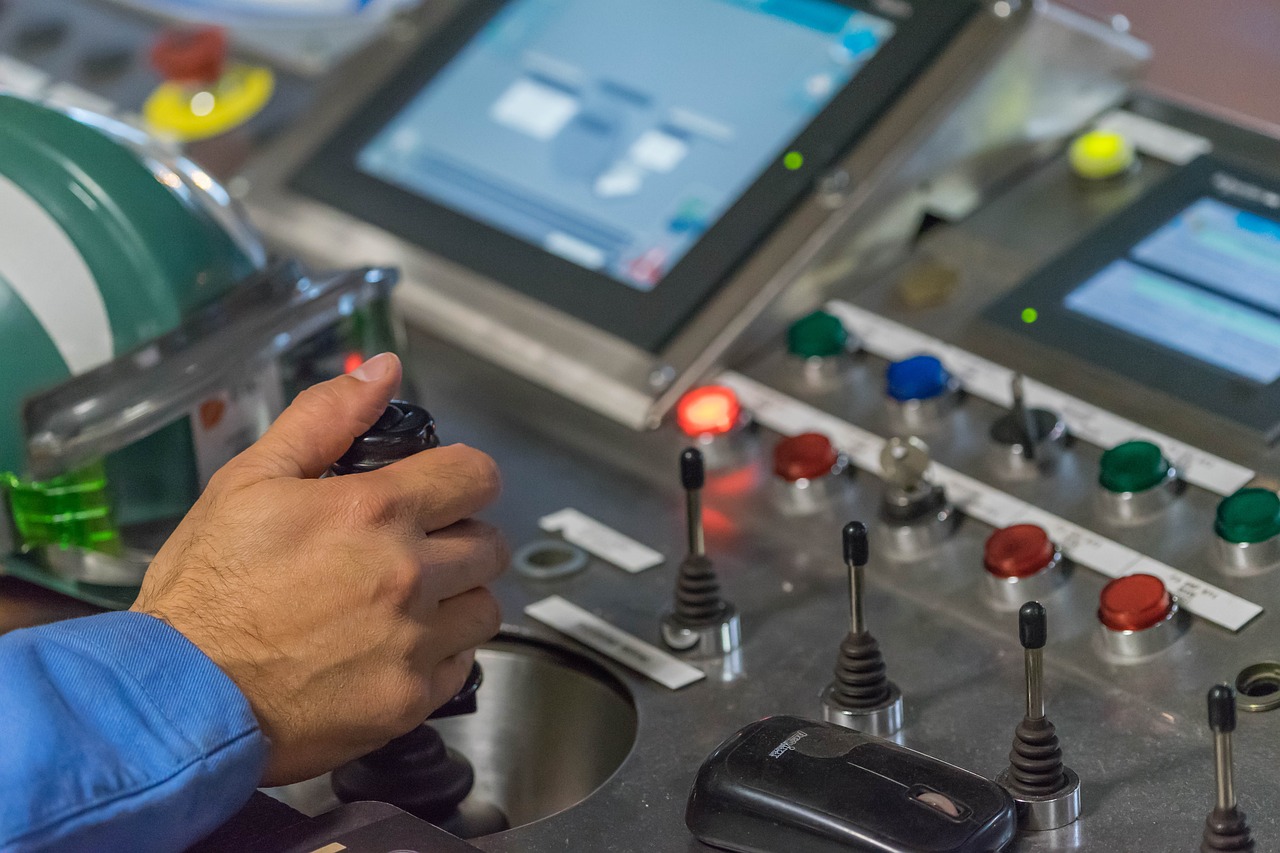Fiserv Enables Stablecoin Settlement for Merchants: A New Era in Digital Transactions

In a significant stride towards integrating blockchain technology with mainstream financial services, Fiserv, a global leader in payments and financial services technology, has announced the introduction of stablecoin settlement capabilities for merchants. This development positions Fiserv at the forefront of financial innovation, potentially transforming how businesses across the globe handle digital transactions.
Stablecoins, a type of cryptocurrency pegged to stable assets such as fiat currency, have been gaining traction for their potential to offer the benefits of digital currency while minimizing volatility. By enabling stablecoin settlements, Fiserv provides merchants with a new, efficient method to process transactions, potentially reducing costs and increasing transaction speed.
The integration of stablecoin settlement is particularly relevant in the context of a rapidly evolving global payment landscape. As businesses increasingly operate across borders, the demand for seamless, low-cost, and fast transaction methods has never been greater. Stablecoins can facilitate these demands by offering near-instantaneous settlement times and reducing reliance on traditional banking hours and processes.
Fiserv’s initiative comes amid growing interest and adoption of blockchain technologies by financial institutions worldwide. According to a 2023 study by the World Economic Forum, over 80% of central banks are exploring digital currencies, and the global blockchain market is projected to exceed $39 billion by 2025.
For merchants, the benefits of stablecoin settlements extend beyond speed and cost. Transparency is a key advantage, as blockchain technology provides a clear, immutable record of transactions, enhancing trust and reducing the risk of fraud. Additionally, the ability to transact in stablecoins can appeal to a tech-savvy customer base that values innovation and efficiency.
However, the implementation of stablecoin settlements is not without challenges. Regulatory uncertainty remains a significant hurdle, as governments worldwide grapple with how to effectively oversee and regulate digital currencies. Fiserv’s move into this space will likely necessitate ongoing dialogue with regulators to ensure compliance and foster a supportive legal environment.
Moreover, while stablecoins are designed to minimize volatility, they are not entirely risk-free. The collapse of several stablecoins in recent years highlights the importance of robust risk management practices. Fiserv will need to ensure that its stablecoin offerings are backed by credible reserves and audited regularly to maintain trust and security.
For Fiserv, the adoption of stablecoin settlement capabilities aligns with its broader strategy to leverage cutting-edge technology to deliver innovative payment solutions. By integrating stablecoin transactions, Fiserv not only enhances its service offering but also positions itself as a leader in the digital transformation of financial services.
In conclusion, Fiserv’s enabling of stablecoin settlement for merchants marks a pivotal moment in the evolution of digital transactions. As the global economy continues to digitalize, the ability to offer fast, secure, and cost-effective payment solutions will be crucial for businesses seeking to thrive in an increasingly interconnected world. While challenges remain, the potential benefits of stablecoin integration make it a compelling proposition for forward-thinking merchants and financial service providers alike.















